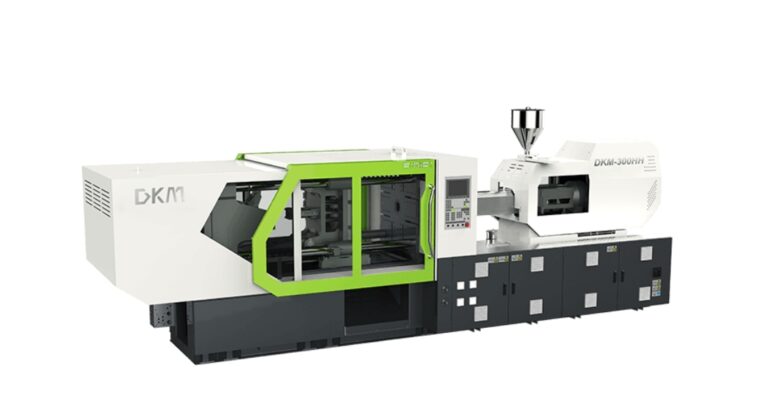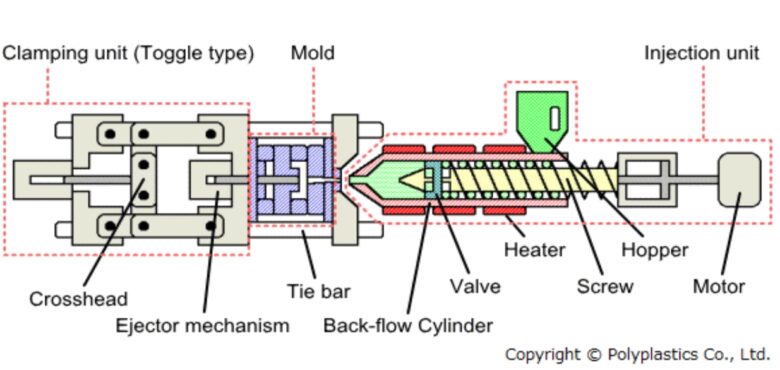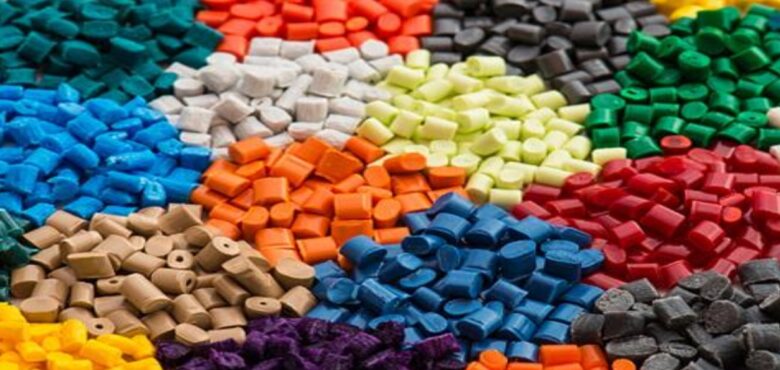Plastic injection molding is a manufacturing process used to produce a wide range of plastic parts and products. This process involves melting plastic granules or pellets and injecting the melted plastic into a mold. Once the plastic has cooled and solidified, the mold is opened, and the finished part is ejected.
Plastic injection molding is a versatile process that can be used to produce parts and products with complex geometries, intricate details, and high accuracy. This process is widely used in various industries, including automotive, aerospace, electronics, medical, and consumer products. (Click Here)
Contents
Advantages of Plastic Injection Molding:
Plastic injection molding offers several advantages over other manufacturing processes, including:
- High Production Efficiency: Injection molding allows for high volume production of parts with a consistent quality and precision, making it ideal for mass production.
- Design Flexibility: Injection molding allows to produce parts with complex geometries and intricate details. This process can produce parts with different shapes, sizes, and thicknesses, making it suitable for a wide range of applications.
- Cost-Effective: injection molds can be a cost-effective manufacturing process, especially for high volume production runs. The cost per part decreases as the volume of production increases.
- Material Selection: Injection molding supports a wide range of materials, including thermoplastics, thermosets, and elastomers. This makes it possible to produce parts with different properties and characteristics.

Injection Molding Process:
The injection molding process consists of several stages, including:
- Clamping: The mold is clamped shut, and the plastic granules are fed into the injection molding machine.
- Injection: The plastic is melted and injected into the mold under high pressure. The plastic fills the mold cavity and takes the shape of the part.
- Cooling: The plastic is allowed to cool and solidify in the mold.
- Ejection: The mold is opened, and the finished part is ejected from the mold.
The injection molding process can be automated, allowing for high volume production runs with consistent quality and precision. This process is also suitable for producing parts with complex geometries and intricate details.
Materials Used in Injection Molding:
There are various plastic materials that can be used in injection molding, such as polypropylene, polyethylene, polystyrene, nylon, and acrylonitrile-butadiene-styrene (ABS) among others. The selection of injection molding materials depends on the specific properties required for the final molded material, such as strength, flexibility, durability, heat resistance, and more.
HDPE (high-density polyethylene) is a popular plastic for injection molding because it is lightweight, strong, and can withstand high temperatures. It is commonly used in applications that require resistance to chemicals and moisture, such as containers, bottles, and piping.
Nylon injection molding is also widely used, particularly for applications that require high strength and durability, such as gears, bearings, and automotive parts. Polyethylene injection molding is also a popular choice due to its durability and resistance to moisture, chemicals, and abrasion.
When it comes to injection mold material selection, it is important to consider the specific requirements of the product being molded. The injection molder will typically consider factors such as the molding temperature, the molding pressure, and the type of plastic being used to ensure that the finished product meets the desired specifications.

Custom plastic moulds:
Custom plastic moulds are designed and manufactured to meet the specific needs of a customer’s product or component. The mould design process takes into consideration factors such as the shape, size, and complexity of the final product, as well as the material properties required.
One of the advantages of custom plastic moulds is the ability to produce high-quality, consistent parts with minimal waste. The injection molding process allows for tight tolerances and precise control over the material flow, resulting in parts that meet or exceed the customer’s expectations.
Another benefit of custom injection molding is the ability to produce complex parts with intricate geometries, including parts with thin walls, intricate shapes, and undercuts. This is achieved by using advanced molding technologies and design techniques, such as hot runner systems, multi-cavity molds, and 3D printing.
Custom injection molding also offers flexibility in material selection, allowing for the use of a wide range of plastic materials with varying properties, including engineering plastics such as ABS, polycarbonate, and nylon, as well as thermoplastic elastomers (TPEs) and thermoplastic polyurethanes (TPUs).
Plastic Injection Molding Manufacturers:
There are many plastic injection molding manufacturers worldwide, offering a wide range of services, including custom injection molding, design and engineering, tooling, and prototyping, and assembly and finishing.
When selecting a plastic injection molding manufacturer, it is essential to consider factors such as experience, expertise, quality control, production capabilities, and customer service. It is also important to ensure that the manufacturer adheres to industry standards and regulations, such as ISO 9001 certification and compliance with environmental regulations.

Conclusion:
Plastic injection molding is a versatile and cost-effective manufacturing process that is widely used in various industries. This process allows to produce parts with complex geometries and intricate details, and the selection of materials allows for parts with different properties and characteristics.
Custom injection molding allows for the production of parts according to specific customer requirements, and there are many plastic injection molding manufacturers worldwide offering a wide range of services.
When selecting a plastic injection molding manufacturer, it is essential to consider factors such as experience, expertise, quality control, and production capabilities. With careful consideration, plastic injection molding can be a reliable and efficient solution to produce high-quality plastic parts and products.
